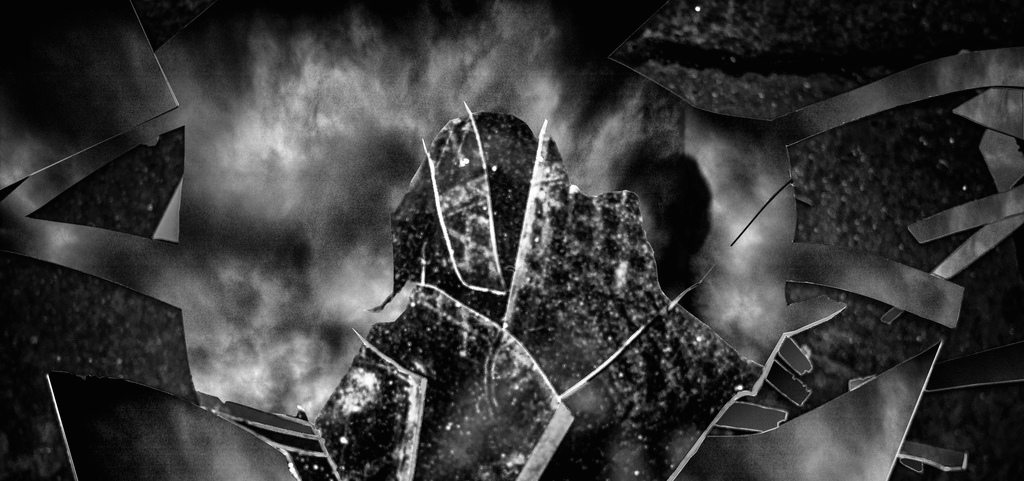Black Mirror: Reflecting our future?
[dropcap]A[/dropcap] new series of Black Mirror is due to be produced and released by Netflix at the end of this year, so I decided to re-watch the three previous series to get back into the psychological dystopia mind set. Black Mirror is a must-watch for anyone who wants a refreshing, if somewhat pessimistic view of modern life.
Written by Charlie Brooker, Black Mirror is a satirical take on entertainment. I can only imagine that the first episode (‘The National Anthem’), involving the prime minister having sex with a pig live on UK TV, was intended to immediately warn the audience of the extremes that the series takes. Though the following episodes aren’t as graphically unnerving as the first, they still succeed in pushing us to think about what is acceptable in society.
What scares me the most about Black Mirror is its realism; it’s possible that these situations are the future and I don’t like it
Take, for example, ‘Be Right Back’, where Ash (Domhnall Gleeson) dies in a car crash, but his wife, Martha (Hayley Atwell), just can’t bear to be without him. Fortunately, Ash was a major social media user (something I think we can all relate to), and an experimental company is able to use all this public information to make an interactive online-Ash. It’s the small details that really make the story believable: the fact that it’s an experimental company; the public nature of all of Ash’s information; and emotionally, the lengths we’d go to get a lost loved one back.
Though each episode focuses on one particular issue, there is a strong overarching ‘moral of the story’: that there is a limit to how far we can take our self-interest in society. With each story, we see something that once was an innocent wish becoming a dystopic reality.
But surely it’s a good thing to hear the voice of your dead husband again? Surely it makes sense for people to earn their way to stardom, as in ‘15 million Merits’?
This is where Black Mirror steps in. Brooker carefully fuses a gradual and relatable build-up with a brutal confrontation of what society will become.
Returning to Ash and Martha, what begun as just an interactive messenger leads to hearing his voice, then seeing his face, and finally creating a new body. I felt so much sympathy for Martha, particularly when we learn she is pregnant – I couldn’t help but see her choices as justified. It’s only at the end that you realise what she’s really done: brought back the dead. This is what the series makes you do – question your own logic and morals.
As a fan of films like The Purge and The Hunger Games, I was glad there was finally a TV programme that addressed our changing society, with each one-hour bite coming from a different perspective.
My only worry with the next commissioned series of twelve episodes, is that this will be too many
In the past, each series has only been three episodes long, with the latest series being just one elongated episode. Now, though, I wonder whether Brooker may be stretched to think up so many clever plots. I fear it may become quantity over quality this time around.
Then again, the joy of Black Mirror is that where I see something as harmless, Brooker can make it become dystopian. As I write this final paragraph, I can see at least two people taking selfies on this train:… I feel a plot line coming on already!


Comments